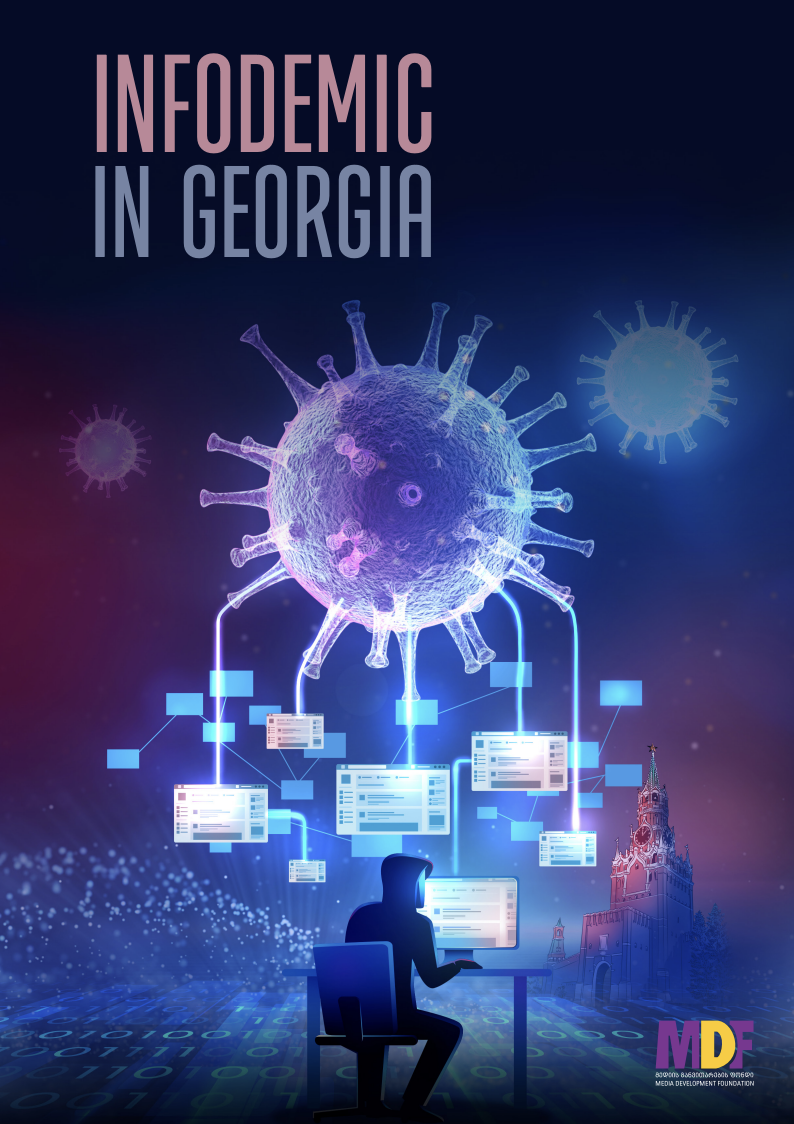Infodemic in Georgia

An infodemic, as defined by the World Health Organization, is an overabundance of information, both online and offline. It includes deliberate attempts to disseminate wrong information to undermine the public health response and advance alternative agendas of groups or individuals. Mis- and disinformation can be harmful to people’s physical and mental health; increase stigmatization; threaten precious health gains; and lead to poor observance of public health measures, thus reducing their effectiveness and endangering countries’ ability to stop the pandemic.
This study, which involves monitoring of traditional and social media in 2020, aims at identifying key messages and false information concerning the pandemic as well as mapping sources, including antivaxxer groups and channels of dissemination of information.
The introductory part of the report reflects key findings of the study. Infodemic-related main messages, identified in Georgian-language media, are provided in the first part while messages conveyed through Sputnik, an online media outlet established by the Russian government, are provided in the second part. The third part of the report discusses fake news and manipulative content. The final part of the report describes sources as well as modus operandi of various interest groups and also, provides information about main antivaxxer groups that operate in social networks and are often cited by media outlets with political agenda.
The report also contains data revealed by Myth Detector within the framework of Facebook’s fact checking program.1 The study has used Facebook’s analytical tool Crowdtangle.

